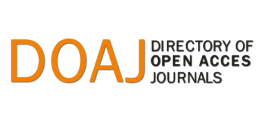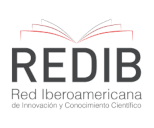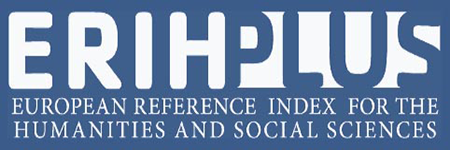Archives
-

Regulación y Políticas Públicas en el Sector Energía: hacia la transición energética justa
No. 89 (2025)La Revista Centroamericana de Administración Pública (RCAP) presenta su número 89 dedicado a uno de los desafíos estratégicos de nuestra región: acelerar una transición energética justa, competitiva e inclusiva. Como organismo internacional especializado en la formación profesional del Sistema de la Integración Centroamericana (SICA), el Instituto Centroamericano de Administración Pública (ICAP) reafirma aquí su compromiso con tres vectores inseparables de su labor: promover el debate informado, producir y curar conocimiento útil para la toma de decisiones, y formar a las y los profesionales que liderarán los cambios que Centroamérica requiere para potenciar un desarrollo regional sostenible y equitativo.
-

Gobernanza multinivel: desarrollo con integración social
No. 88 (2025)En esta Revista Centroamericana de Administración Pública, las diversas contribuciones ponen el acento desde múltiples miradas en la calidad democrática, la cual descansa en la capacidad de los sistemas para promover y consolidar el diseño de un conjunto de reglas y principios adecuados, a través de los cuales se determina el cómo y el quién participa en la adopción de las decisiones públicas, y de igual manera los marcos para la manifestación de las interacciones públicas y privadas que dotan de carácter identitario a los tejidos sociopolíticos existentes.
-

Globalization and De-globalization
No. 87 (2024)The Central American region is navigating between challenges and opportunities, a confluence marked by a complex matrix of lags and vulnerabilities that contributed to the lost decade of the 1980s and that persist with new nuances in an increasingly complex context.
With the long-awaited arrival of the Esquipulas Peace Accords in 1987, the arrival of social hope derived from a democratic era, whose dawn augured the capacity to channel differences through dialogue, negotiation and joint construction to face structural backwardness and a political agenda overflowing with social needs. However, this prognosis will not last long, since the irruption of a process of neoliberal reforms in the early nineties of the last century and an incremental insertion into the global economy, which in the early nineties and an incremental insertion into the global economy heralded the rise of open regionalism. -

Quality Management as a tool for the development of a welfare society
No. 86 (2024)Quality management has a cross-cutting impact on the use of resources in organizations, the effectiveness and efficiency in achieving their objectives, as well as on the way in which their products or services are delivered to their final recipients. On the other hand, the pursuit of quality, in the form of process improvement and governance, in the private and public sector has become a critical element in advancing transparency and accountability of governments and entrepreneurs to users or customers.
-

Gobernanza global y cambio organizacional: herramientas para la innovación pública
No. 85 (2023)La gobernanza global y el cambio organizacional son dos conceptos interrelacionados que desempeñan un papel esencial en la capacidad de las instituciones públicas para responder a los desafíos contemporáneos. En un mundo marcado por la interdependencia y la rápida evolución tecnológica, las estructuras tradicionales de gobierno en las gestiones se enfrentan a presiones significativas para adaptarse y evolucionar. El cambio es la única constante.









